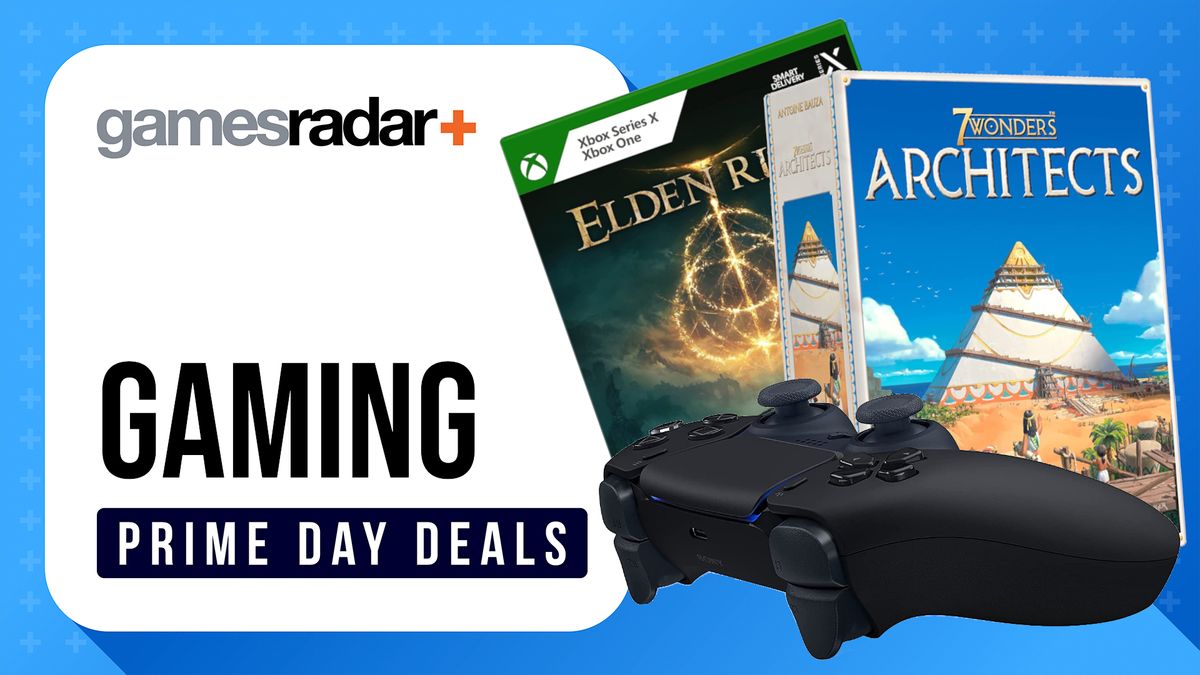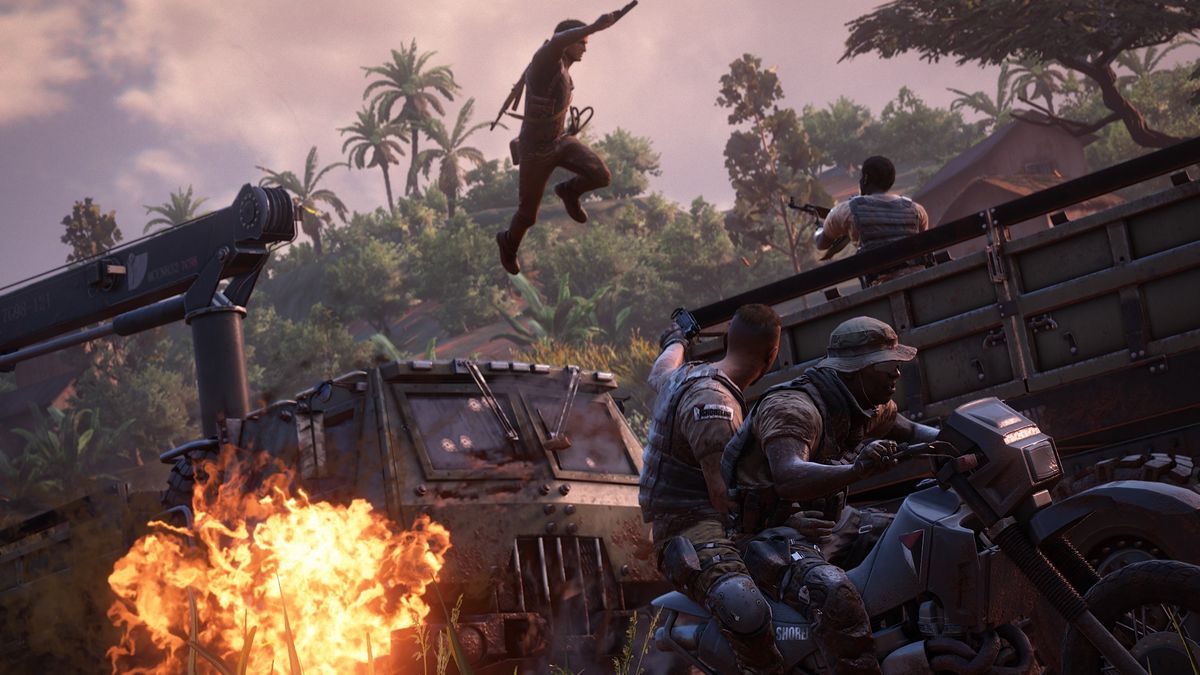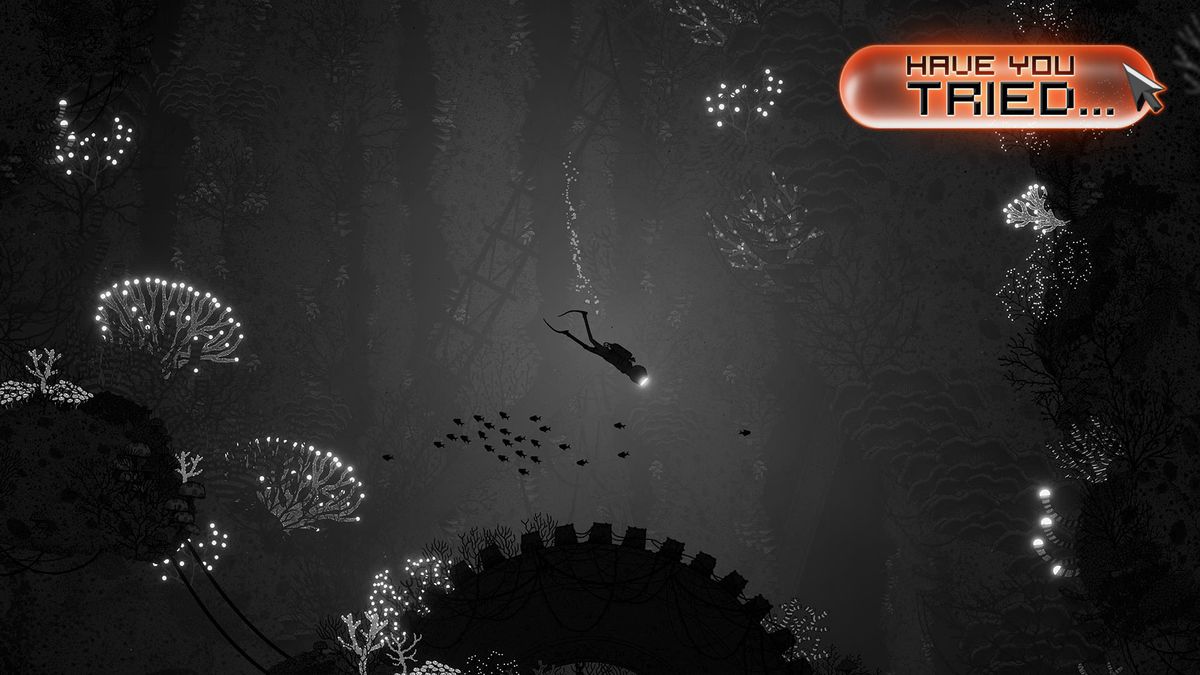Today Blockbuster Video’s current owner, Dish Network, announced plans to close the remaining 300 Blockbuster stores in the US, something most people assumed happened years ago anyway. Blockbuster Video was the undeniable monolith of home entertainment when I grew up, and now its fossils litter empty strip malls all over the nation. In my life as a customer and later as an employee, I both loved and hated Blockbuster. Now I just pity the former titan for being unable to adapt to the changing world, a fate I hope other companies related to games will learn from.

As a child in the late ‘80s and early ‘90s, our local Blockbuster was part of a Friday night ritual for my family. I’d go with my mom and younger brother to pick up pizza, then head to the Blockbuster down the street to rent a couple movies or a game. In a time when owning a game was restricted to birthdays and Christmas, renting an NES or Genesis title from Blockbuster was the only way to broaden my then-limited gaming horizons. It was through Blockbuster where I first experienced Chrono Trigger, Donkey Kong Country, Mega Man 2, and dozens of other games.
As I grew, so too did Blockbuster’s selection of games, and my local outlet even started renting consoles. I remember the Thanksgiving break of 1995–shit, was that seriously 18 years ago?–when we rented a brand-new PlayStation, along with Ridge Racer and Tekken. I got my first look at the “next generation” because of Blockbuster, and I did it again with the N64, Xbox, PS2, and GameCube. There was even a monthly “Game Pass” that allowed you to trade out games as many times as you wanted. I’ve had so many experiences via those plastic blue and yellow boxes, and I’m sure I’m not the only one.

Of course, Blockbuster had become my only home for game renting because it had so ruthlessly stamped out all the competition in my town. Blockbuster was so skilled at being a monopoly that most people my age knew Blockbuster as their only option within miles. They’d seen promising new video stores close under the power of Blockbuster’s cutthroat business tactics, like bringing down prices to beat the competition, then raising them back up once the other store closed. Despite my eventual distaste for those practices, I still worked retail at Blockbuster for over two years in my early 20s. It was hard to resist the free rentals employees were entitled to, especially when that included the store’s deep library of games.
As a movie snob, I wasn’t all that useful to folks renting Good Luck Chuck or The Hot Chick, but I like to think I handled the gaming audience well. I’d pontificate about the awesomeness of Resident Evil 4 and Metroid Prime 2, I warned customers they were missing out on Stars Wars: Knights of the Old Republic, and I explained that Metal Gear Solid 3 was more than a little better than The Guy Game. I was unknowingly honing the skills that I’d use in my current career, so I suppose I owe Blockbuster some thanks for that too.

I was there for so many major moments. I remember studiously reorganizing the games’ section to make room for the just-launched 360. I was there the day when the Hot Coffee hack of Grand Theft Auto: San Andreas got re-rated AO by the ESRB, meaning every copy had to be temporarily taken off the shelves. And I recall all the desperate Christmas Day phone calls from parents looking to rent the game they failed to get their kid as a gift. (Yes, unlike Ebenezer Scrooge, Blockbuster made its employees work on Christmas.)
My job also gave me the chance to watch Blockbuster take on the wounds that would eventually bleed it to death. Online renting was so clearly the future, but unlike its brick-and-mortar competition, Blockbuster let online challengers Netflix and GameFly grow instead of crushing them as swiftly and brutally as possible. I worked there long enough to see the beginning of the end, and left as Blockbuster introduced quick fixes that only underlined how far behind they’d gotten.
So many stores had closed over the last few years that today’s announcement is merely the final letter being etched into Blockbuster’s tombstone. At this point, with so many online options available, going to a store to rent media feels musty and grey, like the old man talking about how he used to sit in front of the radio every night to hear President Roosevelt speak. On the bright side, the end of Blockbuster allows you to marvel at just how fast technology has grown over the last decade.

As we enter another console generation, I hope that Blockbuster’s sad fate will be a lesson to many gaming companies looking forward to the future. Blockbuster is proof that even the most powerful companies can be ruined by failing to recognize its consumers evolving. You have to change quickly when the next Netflix or Redbox shows up, or you’ll be the next history lesson at business school.
Blockbuster is a chilling tale for financial analysts, but for me it’ll be the home of enough important memories that I’ll look back on it fondly, even for all the long nights I spent taking inventory or yelling at shoplifters. An entire generation’s games were found within Blockbuster’s plastic cases, and that’s worth memorializing–no matter how undeniably better our current digital landscape is.
 Game News Video Games Reviews & News
Game News Video Games Reviews & News


